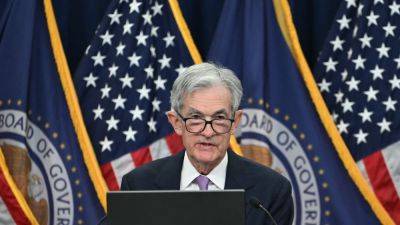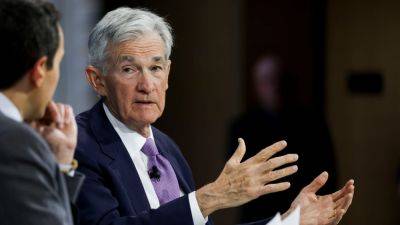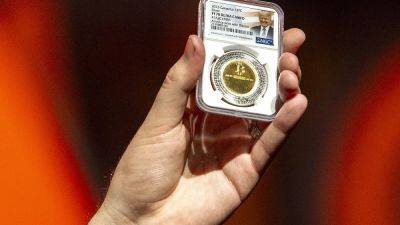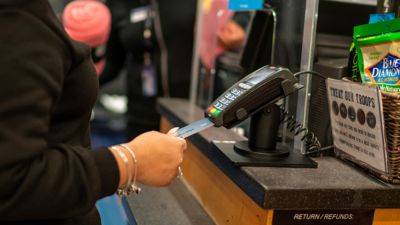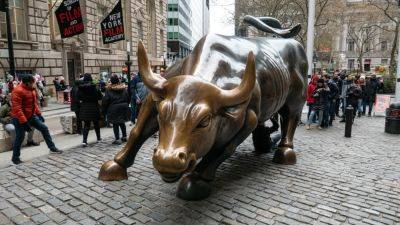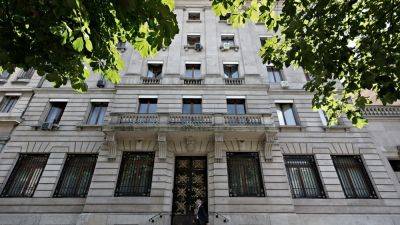China's biggest shopping event of the year exceeds low expectations
BEIJING — China's Singles' Day shopping festival saw consumers spend more than expected in what has otherwise been a tepid retail environment, consulting executives told CNBC.
The country's version of Black Friday kicked off this year on Oct. 14, more than a week earlier than in 2023, and wrapped up Monday. Major e-commerce companies used to report gross merchandise value, an industry measure of sales over time, but did not for a third consecutive year amid weak consumer sentiment.
«I do think for many brands it probably will have turned out a bit better than they thought, but on a low level. Probably nobody would say we hit it out of the ballpark,» said Chris Reitermann, CEO of Ogilvy APAC and Greater China. He is also president of WPP China.
Many multinational corporations that sell consumer products in China are more cautious on the market, if not struggling, Reitermann said. But he pointed out many of the companies are still «very profitable» in the country, even if their growth has slowed to the low single digits, instead of high double digits.
For this year's Singles Day, Alibaba claimed «robust growth» in GMV and a «record number of active buyers,» while JD.com said the number of shoppers on its platform rose by more than 20% year-over-year.
The shopping season that celebrates single people, also known as Double 11, came as the Chinese government has announced a series of stimulus measures since late September, fueling a stock market rally.
«There seems to be an uptick» in consumer sentiment over the last six weeks, said Daniel Zipser, senior partner at McKinsey and leader of its Asia Pacific consumer and retail division. It's «hard to predict what that means going forward.»
Singles Day exceeded expectations for
Read more on cnbc.com







